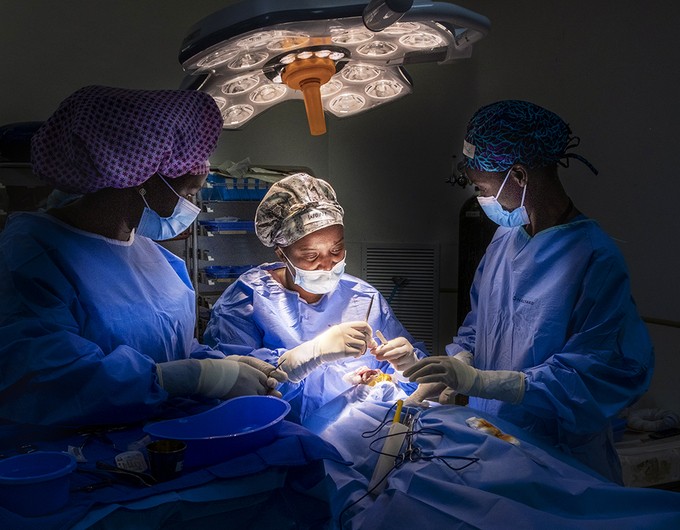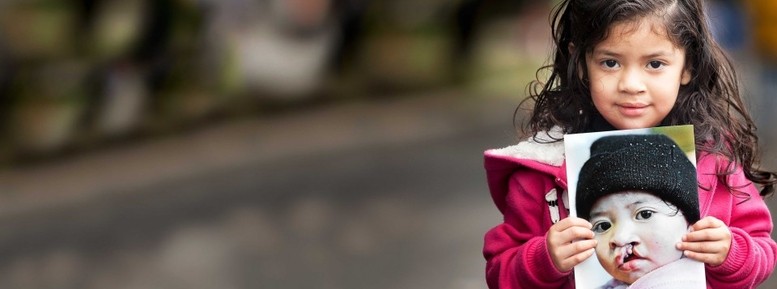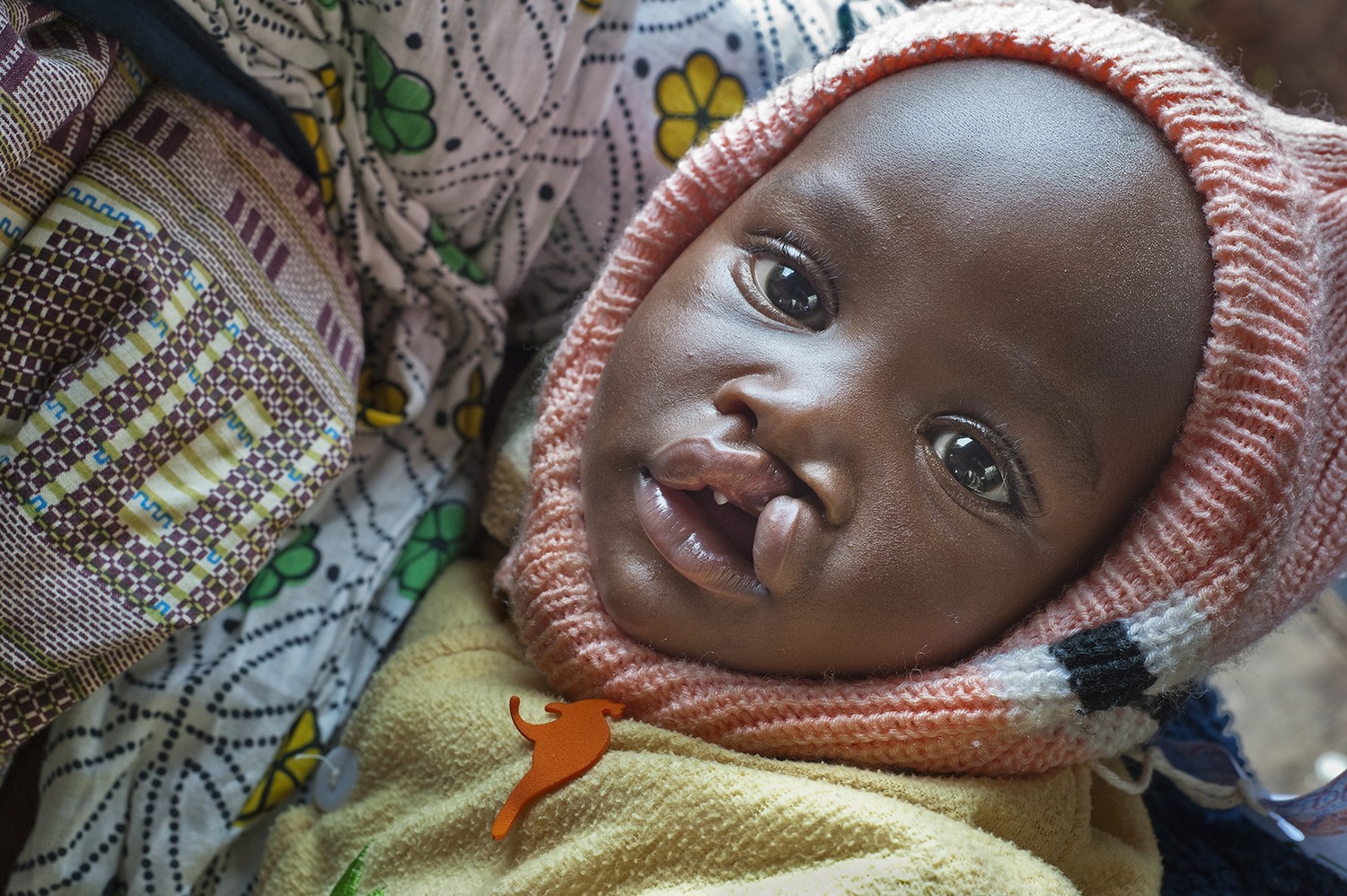
Our promise of improving health and dignity during the COVID-19 pandemic endures. We're helping front-line health workers stay safe, nourished and empowered to better serve their patients by providing life-saving supplies and equipment, as well as remote training to bolster their response. We’re also providing nutritional assistance, hygiene kits and virtual health services to support people and their health needs so they can thrive.
In Kenya, we’re committed to the health and well-being of the community in which we work. We recently learned from Operation Smile Kenya’s program manager, Roy Kariuki, that 335 children relying on five orphanages and children’s homes in Nairobi are facing food shortages as a result of strict COVID-19 lockdowns in the city. That’s why we’re mobilizing rapidly to provide immediate relief for these children. If you can, please help us raise the $60,000 needed to provide food supplies that will feed these children for the coming weeks by clicking here.
We caught up with Roy to learn more about the emergency unfolding right now in Nairobi.
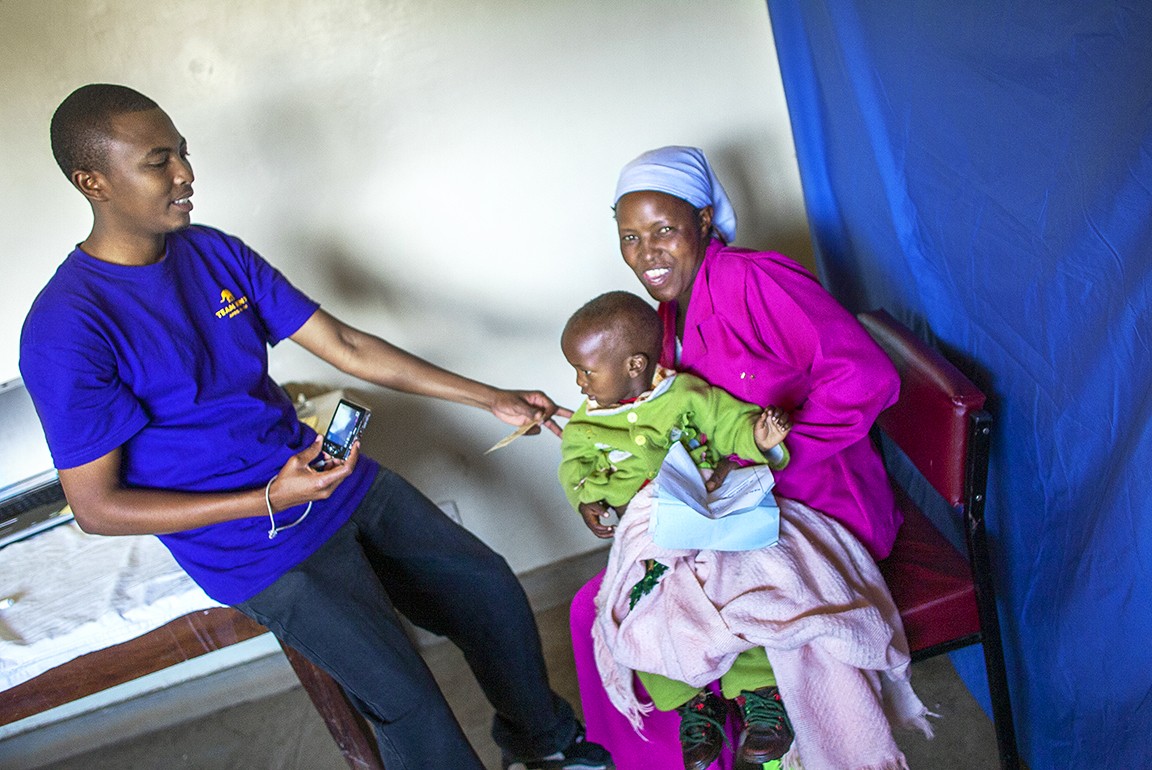
Q: Could you tell us more about how COVID-19 has impacted Kenya to date?
A: “As of July 29, we have 18,581 confirmed cases with 299 mortalities (source: WHO Coronavirus Disease Dashboard, accessed July 29, 2020). Experts project our peak to be around late August to early or mid-September. Our health facilities are already overrun by patients, and the government is now directing home-based care for asymptomatic patients and those with mild symptoms. The virus is now firmly in the community. It is difficult to really speculate on the number of people already infected, as our testing capacity is very low. Most government services are still unavailable with employees being requested to stay home or work from home. The private sector has declared unprecedented redundancies. Schools are shut down. The economy is on its knees.”
Q: How are our Kenyan medical volunteers fairing? Are many of them on the front line of the pandemic?
A: “We are regularly in touch with our volunteers, and despite hardships of working in very resource challenged environments – lack of PPE, short-staffed hospitals – we are thankful that, thus far, none of our people have been directly affected by the pandemic and we pray it stays so.”
Q: Could you tell us more about our connection to the orphanages and children’s homes to which we are donating?
A: “I came across the news of the hardships of these five homes through charity and investment clubs that I belong to. Every Christmas or on various holidays, my friends and I would fundraise and buy foodstuffs and clothes for these homes and spend the day with the kids. It was never all at the same time, as we could only afford to do so one home at a time. They are actually many more homes than the five we are focusing on. But at this point in time, I felt it best not to overstretch the resources we have.”
Q: Why are COVID-19 lockdowns preventing these homes from being able to get food for the people they support?
A: “These homes, even though properly registered by the government through the Ministry of Social Services, rely on corporate and individual donors to feed, clothe, educate, accommodate and provide medical care for the children under their care. With the economy on a downward spiral, companies sending employees home and shutting down their factories, corporate social responsibility initiatives also abruptly came to an end. The homes were left to fend for themselves. When (Operation Smile Co-Founder and President Kathy Magee learned of their predicament, it was simply amazing how the entire organization was galvanized into action.”
Q: What has the reaction been from the leaders of these homes been to the promise of our outreach?
A: “They have been very excited that we have shown an interest. I am collecting lists of their needs so that we can be able to start providing nutritional support next week.”
Q: Beyond providing food and shelter to their children, what other benefits do these homes provide for those who rely on them?
A: “They provide schooling, accommodation, counseling, psychiatric support and rally sponsorship for higher education. They also find sponsors for kids who require serious medical interventions.”
Q: What would you say to anyone who contributes to this initiative?
A: “To quote one of the directors at one of the homes – he was an orphan himself, and someone took care of him throughout his childhood – ‘We cannot cure all the ills in this world, but we can certainly try heal the ones closest to us.’”
Q: Could you tell us more about Operation Smile’s work in Kenya?
A: “Operation Smile has been in Kenya since 1987 and is Operation Smile’s second international foundation after the Philippines. We have provided free surgical care to over 10,000 needy Kenyans and provided AHA training to over 1,000 health care providers in the country. We are currently in the process of strategizing on provision of free comprehensive cleft care to both former and new patients affected by cleft conditions. We are also looking to playing a part in strengthening the health systems in Kenya. Over the last six years, we have been a volunteer resource country for the region as well as for international education and surgical programs.”
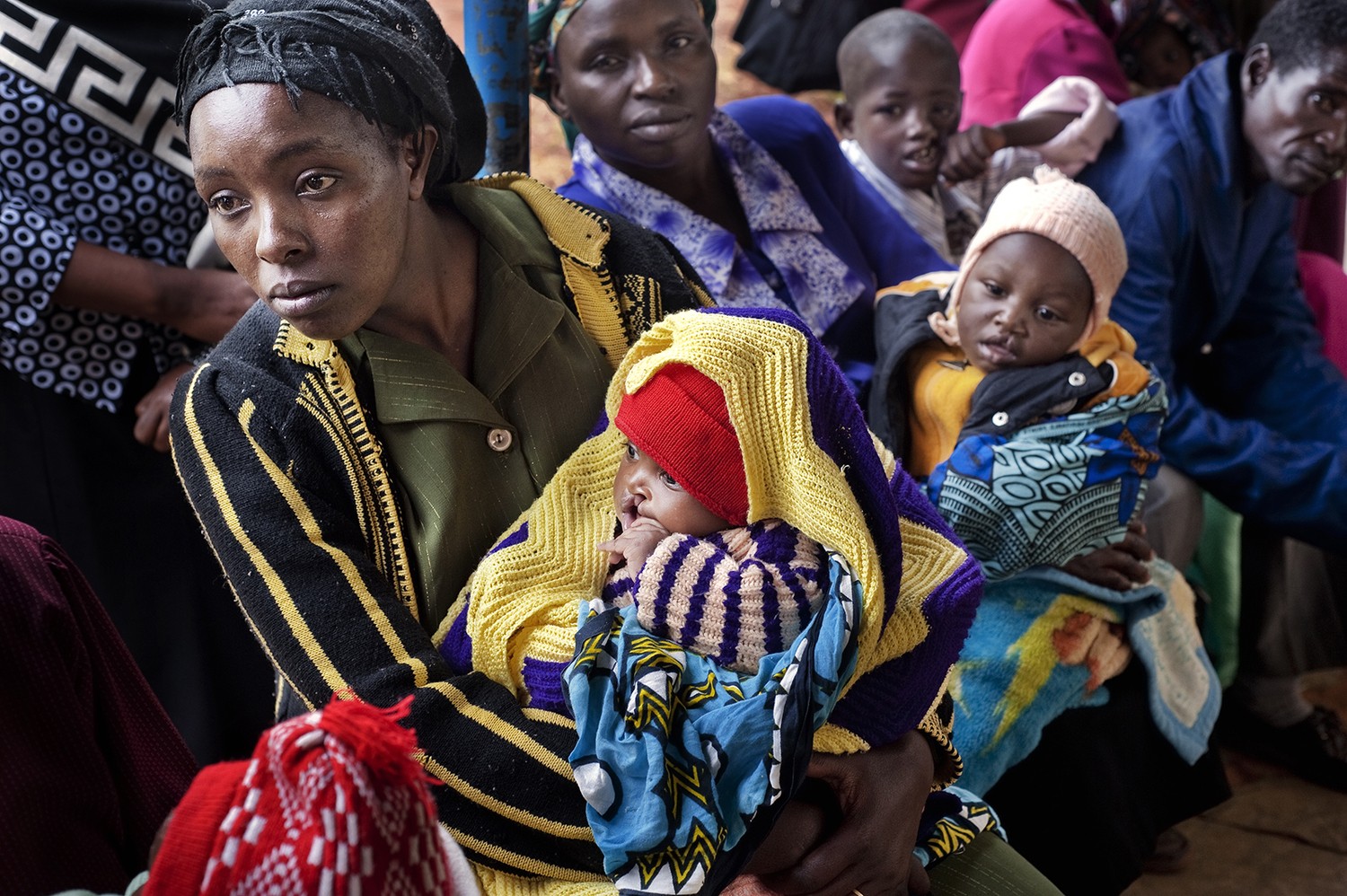
Latest Stories
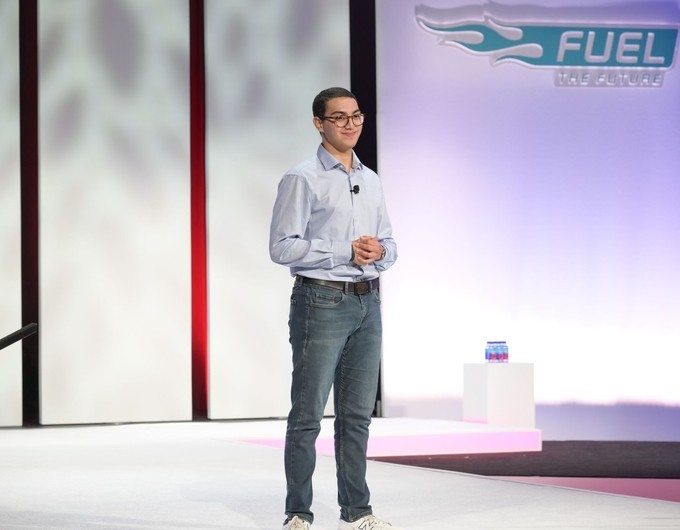
A Former Patient, Aymane Now Shares His Story

What is Operation Smile's Nutrition Program?
